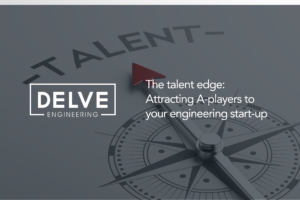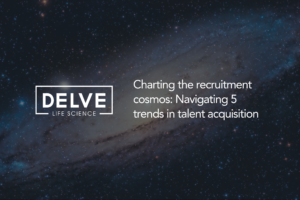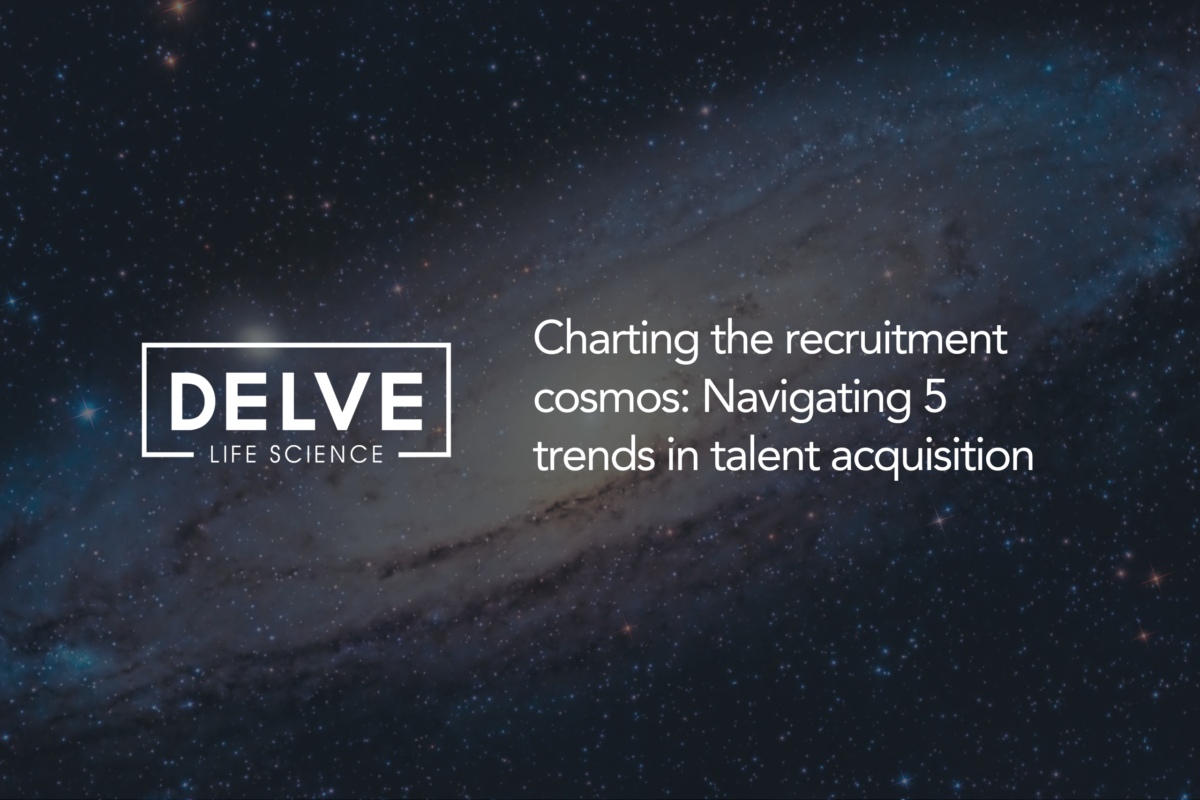
Exploring career paths: 5 opportunities beyond research in life sciences
By Franziska Schlatt
The field of life sciences is vast and ever-evolving, offering a multitude of exciting career opportunities beyond traditional research roles. While research remains a cornerstone of the industry, there are numerous alternative paths available for individuals with a passion for science and a desire to make a difference in healthcare.
At DELVE, where we recruit for a multitude of positions in the life science sector, I gained profound insights into these varied opportunities that extend far beyond traditional research roles. Here, I’ll delve into 5 noteworthy paths:
1. Regulatory affairs: Regulatory affairs professionals play a pivotal role in ensuring adherence to government regulations and guidelines throughout the lifecycle of pharmaceuticals, medical devices, and biotechnology products. Embracing the convergence of science, policy and business, careers in regulatory affairs involve navigating intricate regulatory landscapes to facilitate the introduction of innovative treatments to market.
2. Clinical development: Clinical development specialists are tasked with orchestrating clinical trials to assess the safety and efficacy of novel medical interventions. Offering a direct avenue to contribute to medical advancement, careers in clinical development entail collaborative efforts with healthcare practitioners, researchers and patients to transition promising therapies from laboratory settings to real-world applications.
3. Medical writing: Medical writers serve as conduits of scientific and clinical information, adeptly crafting documents such as regulatory submissions and clinical trial protocols. Combining scientific acumen with effective communication skills, careers in medical writing involve translating complex data into accessible formats tailored to diverse audiences.
4. Business development and sales: Professionals in business development and sales drive growth within the life science industry by identifying and pursuing new business opportunities and cultivating strategic partnerships. Bridging scientific expertise with business acumen, careers in this realm foster innovation and propel commercial success in the dynamic landscape of life sciences.
5. Marketing: Marketing specialists are instrumental in formulating and executing strategies to promote pharmaceuticals, medical devices and biotechnology products to targeted audiences. Leveraging creativity and strategic insight, careers in marketing empower professionals to communicate the value of innovative treatments and therapies to stakeholders across the healthcare spectrum.
In conclusion, the field of life sciences offers a plethora of career avenues that extend far beyond traditional research roles. Whether you’re exploring your career trajectory or seeking new opportunities, the dynamic and diverse landscape of life sciences offers a niche for every individual.
Get in touch and let’s Delve into the myriad of possibilities awaiting you in the realm of life sciences.
Call: +44 (0)1606 664203
Email: [email protected]
Share This Blog
Recent Articles

The Talent Edge: Attracting A-Players to Your Engineering Start-up

Dresden’s rise: TSMC semiconductor factory and its impact on job market attractiveness

5 Opportunities beyond research in Life Sciences

Benefits of attending Advanced Engineering trade shows

The recruitment cosmos: Navigating 5 trends in talent acquisition








